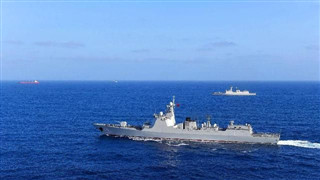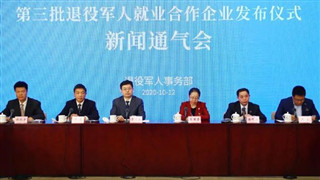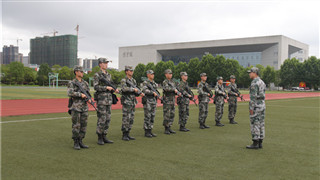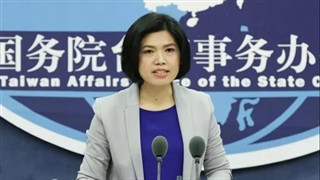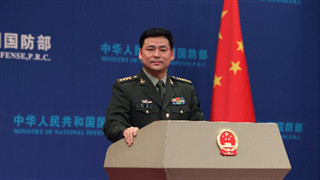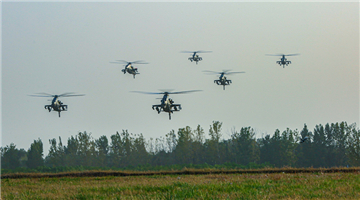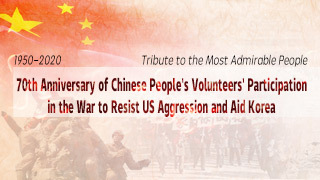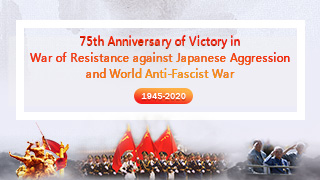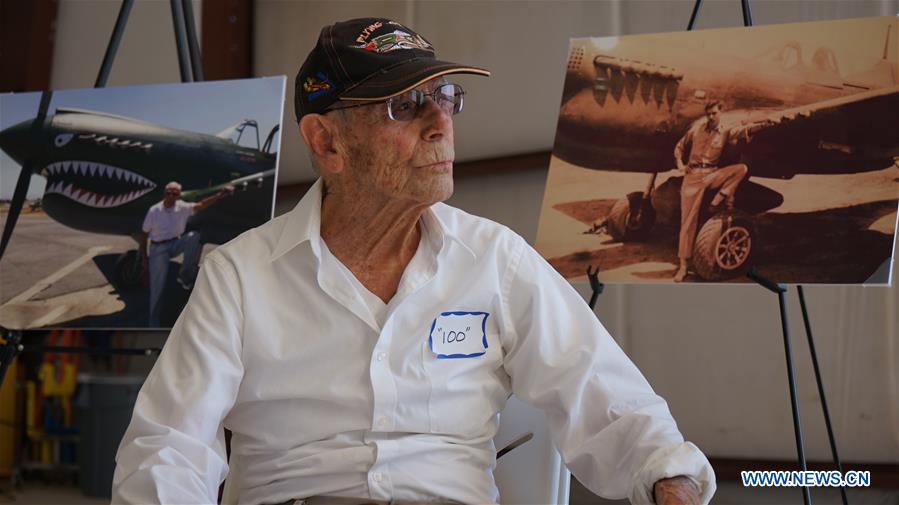
by Julia Pierrepont III
LOS ANGELES, Oct. 31 (Xinhua) -- "We must keep the bond between the U.S. and China alive. It was forged in blood and honor," said Harry Moyer, a veteran pilot who flew with the famed "Flying Tigers" 76 years ago in China to help the Chinese combat the Japanese invasion.
Moyer celebrated his centennial birthday on Friday by taking a solo flight. He was feted by a joyful crowd of family, friends, the press and well-wishers at the San Luis Obispo County Regional Airport, where they had all gathered to celebrate his birthday and contribution to WWII victory.
Moyer spoke from the heart about his love for flying and his eventful war years in the "Flying Tigers," before taking off into the skies in his Mooney MK21 plane.
"Out in that wide, blue sky, dipping in and out of the clouds -- the sense of space, of freedom," he mused. "Nothing compares to being up there," he told the gathering.
Moyer joined the U.S. Army Air Corps in 1942. He is noted for serving with distinction in combat in different theaters of operations during WWII.
Moyer's squadron joined the 23rd Fighter Group of the 14th Air Force in China in 1944 and was primarily responsible for protecting Chinese airfields and the B-29 bombers stationed there tasked with counter-attacks on Japan.
"We just did what we had to do," he said humbly.
Growing up, Moyer told Xinhua, he had always felt a connection with China. His father had Chinese friends who owned a restaurant in town, so he became friends with the owner's son. Then he read "The Good Earth" by Pulitzer and Nobel prize-winner, Pearl S. Buck, which made him long to visit China.
So, even though he had already served his allotted time as a fighter pilot during WWII and was due to go home, when he heard General Claire Lee Chennault, who he considered a visionary wartime leader, was looking for pilots to serve in China, Moyer didn't hesitate to go.
"I really respected the man and his farsighted fighter tactics," he said of Chennault. "I was so happy to be able to work with him and the Chinese. That was the highlight of my flying career."
"It was wartime, so we had a hard time over there, but nothing compared to the suffering the Chinese had to bear from the indiscriminate bombing raids of the Japanese," he told Xinhua.
He praised his Chinese worker friends who toiled, at the risk of their own lives, to build dozens of airfields in China using only picks, shovels and massive stone rollers pulled by hand.
The "Flying Tigers" protected the vital shipments of war munitions coming into China by air and rail, such as guns, bullets, and bombs.
"I was happy the Flying Tigers were able to come and do their part to help protect Chinese villages and runways when help was most needed," said Moyer.
He told Xinhua he remembers his time in China fondly, despite the wartime horrors. "Those memories and occasions were special. We and the Chinese shared with each other, flew with each other, and fought together ... Serving side-by-side against a common enemy established a bond that really meant something."
"That bond that we forged with the Chinese people has never been broken and it must be honored," he added. "The Chinese people still honor it more than our younger American generations do."
"The Chinese were good to us. They knew we were there to help them and they made us feel appreciated. They still rolled out the red carpet for us over there," Moyer said, recalling the extraordinary hospitality and welcome he received there when he returned to China after the war.
Jeffrey Greene, chairman of the Sino-American Aviation Heritage Foundation, which brings WWII servicemen back to China and co-organizes special events between the United States and China, also believed it is essential to keep that special bond alive.
"The Chinese and American people share a common heritage that was forged in the skies above China during the Second World War," said Greene.
"During World War II, a large number of young American pilots, including you came to China to fight a just war with the Chinese people against the Japanese aggression," wrote Deng Lan, director general of the Research Center for People-to-People Diplomacy of the Chinese People's Association for Friendship with Foreign Countries, in a congratulatory letter to Moyer, adding that those young U.S. pilots "were fearless of danger, difficulty and sacrifice and have forged deep friendship with the Chinese people."
"You are truly a glorious member of the Flying Tigers, a witness to the China-U.S. friendship and to peace and justice of the world. We will always cherish our friendship with you as you are an old friend of the Chinese people," Deng said in the letter.

